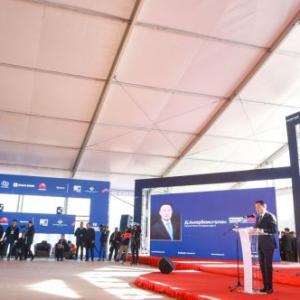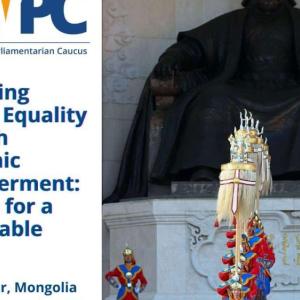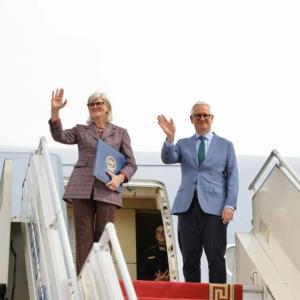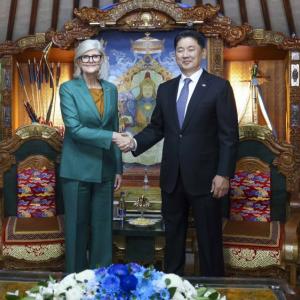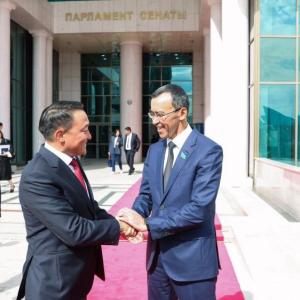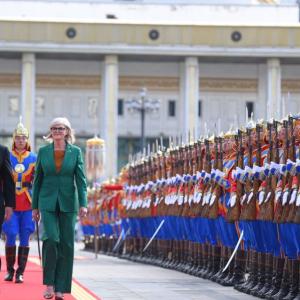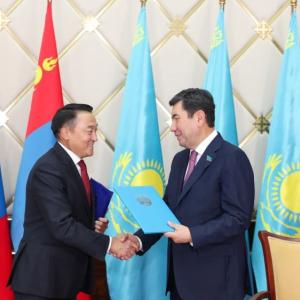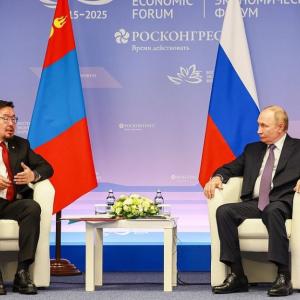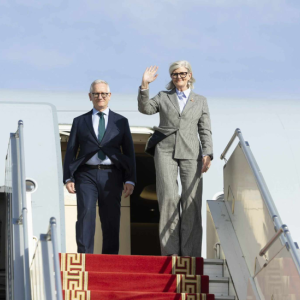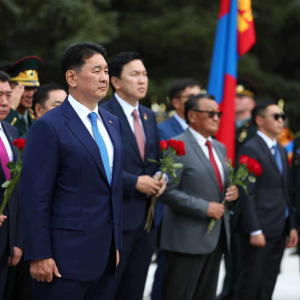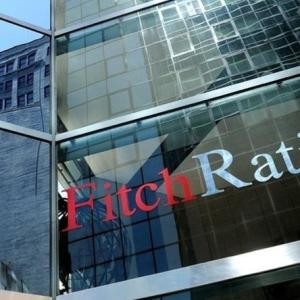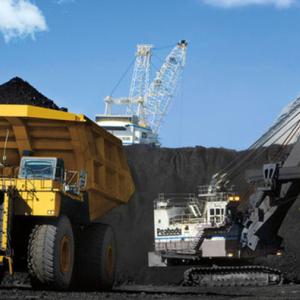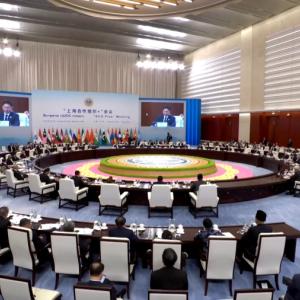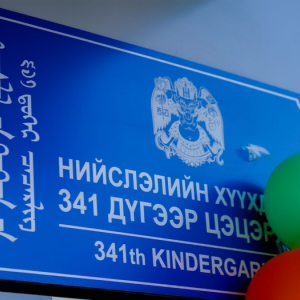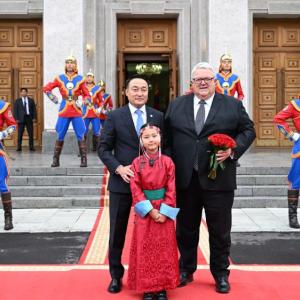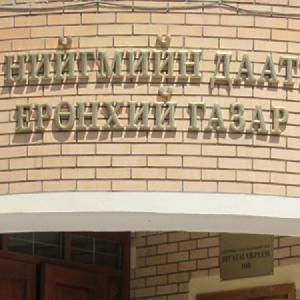Mongolia’s growth to stay muted for 2022 at 2.3 percent before climbing in 2023
Economy
Ulaanbaatar/MONTSAME/. Mongolia’s economic growth is
expected to be constrained by high inflation, persistent trade disruptions,
tighter external financing conditions, and complex geopolitical risks before
accelerating in 2023 as coronavirus disease (COVID-19) concerns and trade
disruptions ease, says a new report by the Asian Development Bank (ADB)
released today, April 6.
In its flagship economic report, Asian Development Outlook (ADO) 2022, ADB projects Mongolia’s economic growth to expand by 2.3 percent in 2022 compared to the 1.4 percent growth in 2021 before climbing to 5.6 percent in 2023, supported by domestic demand, investment, and recovery in industry, agriculture, and services.
“Mongolia faces the unprecedented twin shocks of the
continued border closure with the People’s Republic of China (PRC) and the
Russian invasion of Ukraine in an environment where inflation is already high
and economic growth is subdued,” said ADB Country Director for Mongolia Pavit
Ramachandran. “This situation requires an immediate policy response to avoid
the risk of stagflation.”
The Russian invasion of Ukraine has already elevated the
risks to the economic outlook for Mongolia, increasing pressures on the balance
of payments, the fiscal position, inflation, and business activities. “Mongolia
should focus on designing a countercyclical policy package to maintain
macroeconomic and financial stability and secure funds to meet external and
domestic financing needs while deepening efforts to drive forward structural
reforms to strengthen economic resilience and competitiveness,” Mr.
Ramachandran said.
Growth prospects in 2022–2023 will depend heavily on when the major trade portals with the PRC reopen, whether there is a resurgence in COVID-19, and how Mongolia responds to economic pressures from the Russian invasion of Ukraine. Persistently high inflation and the continued trade disruption limit monetary and fiscal policy room, requiring a comprehensive macroeconomic policy adjustment plan to safeguard the economy.
Average inflation will accelerate further to 12.4 percent in
2022 as supply shocks and trade disruptions continue, and significantly higher
fuel prices translate into higher business costs. Togrog depreciation will pass
through to prices for imported goods. But inflation is forecast to moderate to
9.3 percent in 2023 as these factors ease.
Downside risks to the outlook stem from prolonged closures
and restrictions at the main trade portals with the PRC, potential trade
disruptions with the Russian Federation and Europe, and deeper impacts of the
situation in Ukraine on the balance of payments and the government budget. The
possible worsening of nonperforming loans and consequent balance sheet distress
in domestic financial institutions and corporations weigh heavily on the growth
outlook and on financial stability over the medium term.
ADB is committed to achieving a prosperous, inclusive,
resilient, and sustainable Asia and the Pacific, while sustaining its efforts
to eradicate extreme poverty. Established in 1966, it is owned by 68 members—49
from the region.
Source: Asian Development Bank

 Ulaanbaatar
Ulaanbaatar



